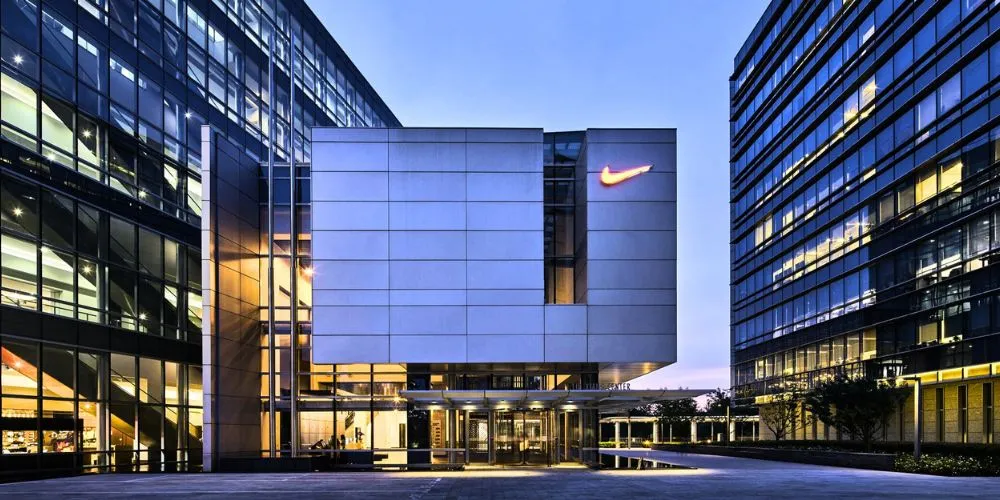Key Points
- Nike’s profits fell a staggering 86% in its latest quarter due to its ongoing turnaround plan.
- The company now faces an estimated $1 billion hit from new U.S. trade tariffs.
- Despite the poor numbers, Nike says the fourth quarter was the low point, and things are expected to start improving.
- Sales at Nike’s physical stores grew by 2%, showing some signs of life.
Nike suffered a massive financial loss in its latest quarter, with profits plummeting a staggering 86%. But the company says the worst is now behind it, even as it faces a new billion-dollar problem: trade tariffs.
The sneaker giant is in the middle of a painful turnaround plan. It’s working to clear out old inventory, fix its relationships with stores, and get its online business back on track. This has meant big discounts and a shift back to selling through wholesale partners, which is less profitable than selling directly to customers. The company warned this would hurt profits in the short term but says it will leave the business healthier in the long run.
Now, a new challenge has emerged. During a call with analysts, Nike’s finance chief described the new U.S. tariffs as a “new and meaningful” cost. He estimated the tariffs will cost Nike about $1 billion in its current fiscal year. The company plans to absorb that cost over time by shifting its supply chain away from China, working with its partners, and raising prices.
Despite the gloom, Nike’s quarterly results beat Wall Street’s low expectations, and the company said it expects its sales and profit declines to get better from here. The new CEO, Elliott Hill, said it’s time to “turn the page” and that the business will start to improve. One bright spot was Nike’s stores, which saw a 2% increase in sales.
Hill is also focused on unwinding the strategy of his predecessor, which includes getting Nike’s products back into more stores and even returning to Amazon for the first time since 2019. He is also refocusing the company on its sports roots after a period when it was perceived as moving too far into lifestyle products.




